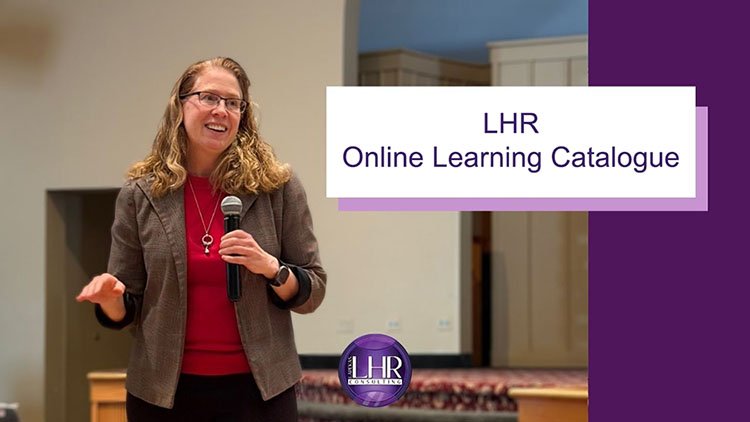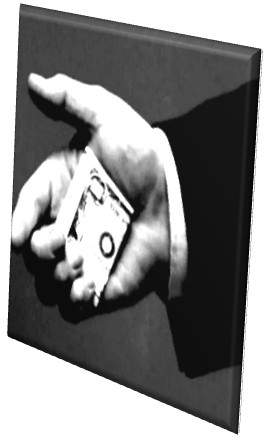If Only…” Managers
In my experience as an HR professional, I often encounter “if only” managers—talented individuals with significant potential who are held back by specific gaps in their leadership styles. I’ve outlined two common examples, “Mike” and “Tristan,” to illustrate how targeted support can transform individual contributors into effective leaders.
“Mike”
Mike is a seasoned, hardworking professional with deep institutional knowledge. While he is a dedicated “go-getter,” his “rough around the edges” interpersonal style risks high turnover if he moves into management without intervention. However, his direct and often blunt interpersonal style presents a risk to team morale and retention if he moves into a management role without further development. While his intentions are good, his communication style can be intimidating and may discourage others from speaking openly. Mike likely lacks formal training and relies on outdated leadership models. If only Mike were more polished and better at handling people, he would be a “rock star.”
“Tristan”
Tristan is a newly appointed supervisor who is kind, thoughtful, and charismatic. While he is well-liked by his peers, he faces significant challenges regarding providing accountability and delivering critical feedback. His desire to maintain positive relationships prevents him from addressing underperformance or managing difficult personalities. He often chooses to resolve issues himself rather than holding his team members accountable, largely to avoid conflict or hurting feelings. For him to grow into a stronger leader, it is essential that he develops the confidence to address performance gaps and navigate challenging conversations directly. If only Tristan were a stronger in handling challenging employees and difficult personalities.
Limitations
While both show significant potential, these are specific limitations that hinder their overall effectiveness and impact. If these areas of concern are left unchecked, they will likely lead to long-term setbacks and increased frustration for both individuals. Addressing these issues is essential to prevent future career limitations and ensure their continued growth within the organization.
Recommendations for Development
To bridge these gaps, I recommend a combination of formal and experiential training. Most development occurs through experience and learning from mistakes, but specific skill-building is a necessary foundation. Confidence will come after successful moments.
- For Mike: I recommend short, self-paced online leadership training modules focused on people skills, supplemented by a coach to help him navigate interpersonal issues and find the right approach. This allows him to learn at his own speed and apply new techniques incrementally.
- For Tristan: Targeted training on feedback techniques and assertiveness to provide the confidence needed to navigate conflict. He would also benefit from coaching on how to lead through challenging conflict scenarios and lead challenging people with both confidence and grace.
Before giving up on an “if only” manager, you should carefully assess their specific strengths and weaknesses. By providing training on the right techniques and affording opportunities to apply them in real-world situations, you can help develop them into the leaders your organization truly needs.
LHR now offers a solution for your “If Only Managers.” Visit us at our online learning shop.






